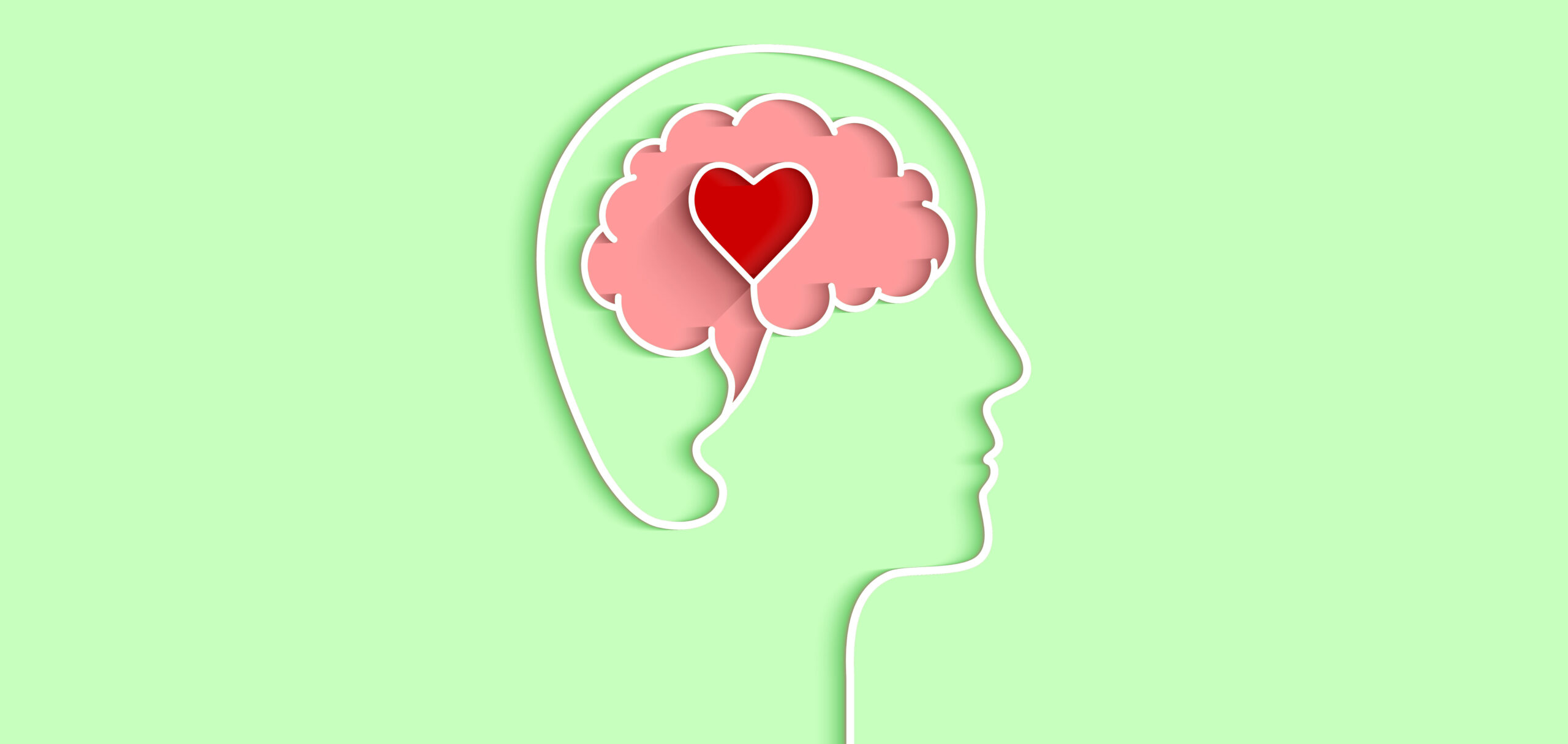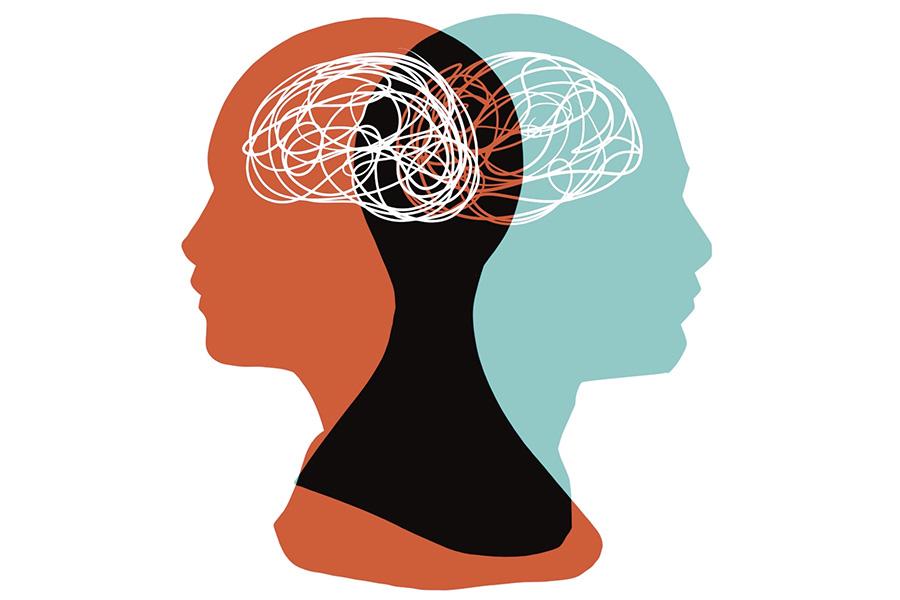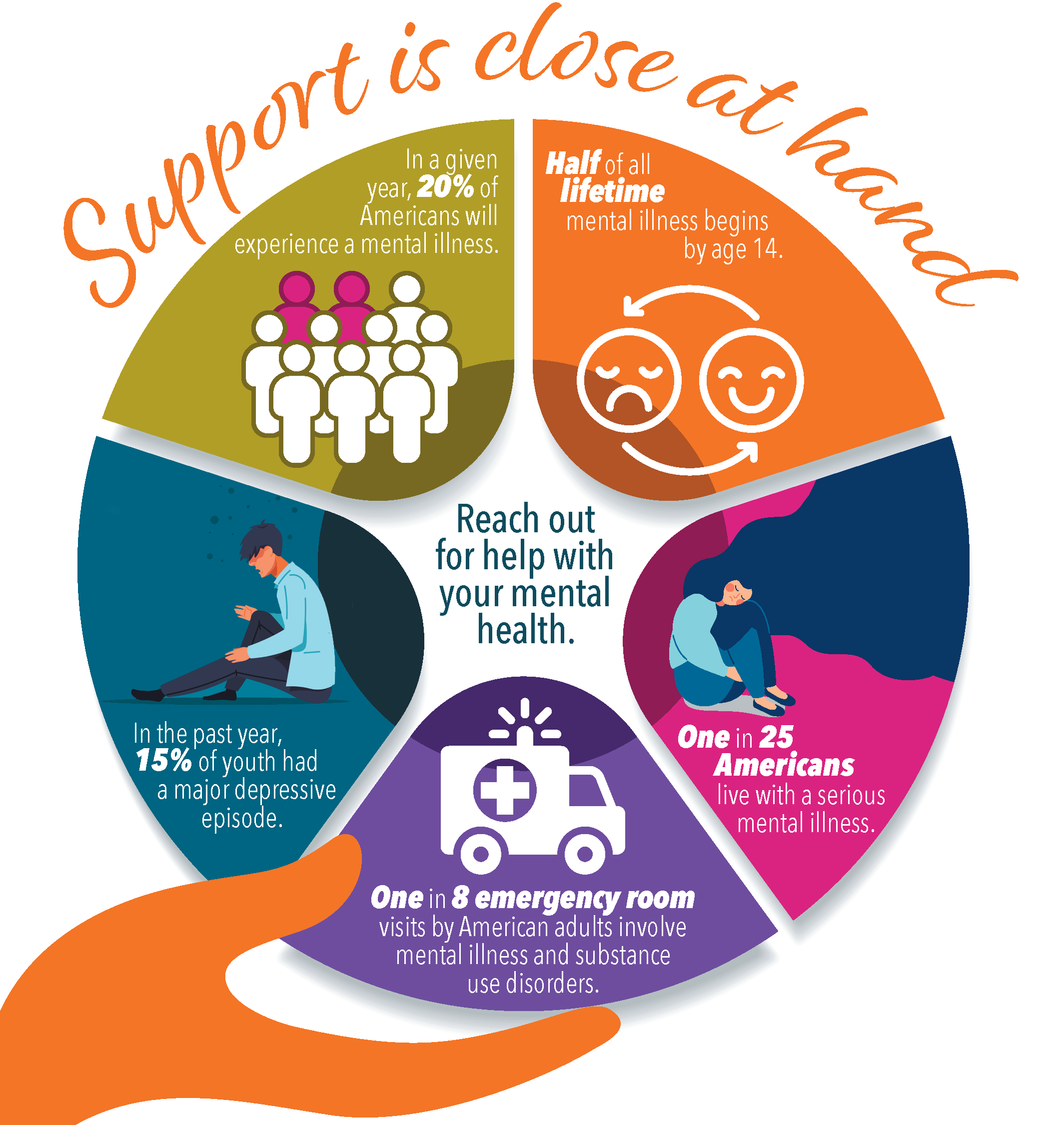Comprehensive Inpatient Mental Wellness Services for Effective Therapy
Inpatient mental wellness services stand for an essential part of the healthcare system, supplying a structured and intensive setting for people experiencing severe emotional distress. These solutions utilize a multidisciplinary technique, incorporating numerous evidence-based therapies to resolve the intricate demands of patients. Nonetheless, the efficiency of such extensive care extends past immediate stablizing; it also includes the transition to outpatient support, an important phase commonly overlooked. Exploring the nuances of this continuum discloses significant implications for both specific recovery and broader psychological health and wellness end results. What aspects really influence this change, and exactly how can we improve its effectiveness?
Understanding Inpatient Mental Health Solutions
Inpatient psychological wellness services provide crucial assistance for people experiencing serious mental distress that can not be handled properly in an outpatient setup. These solutions are designed to supply an intensive degree of treatment in an organized atmosphere, frequently within a health center or specialized facility. Patients admitted to inpatient programs typically present acute signs, such as suicidal ideation, extreme anxiety, or psychosis, demanding round-the-clock surveillance and treatment.
The admission procedure generally entails a detailed evaluation by mental health and wellness experts, that examine the person's psychological state, history, and instant requirements. Once confessed, clients take part in a selection of restorative modalities customized to their certain demands, consisting of medicine management, individual treatment, and group sessions. This holistic method intends to maintain the patient's condition, promote safety, and foster coping abilities.
Inpatient mental wellness solutions not only address immediate wellness issues but additionally serve as a bridge to recurring care. By offering a regulated environment, these solutions promote the advancement of therapy plans that can be proceeded in outpatient settings, hence ensuring a continuum of care and enhancing long-term outcomes for people with complicated mental health and wellness requirements.
Key Components of Effective Treatment
Reliable therapy in inpatient psychological wellness services makes up a number of essential parts that promote healing and stabilization. An extensive evaluation is essential to determine the person's particular demands and challenges. This assessment educates the growth of a tailored treatment plan, which functions as a roadmap for treatment.
An additional important part is the multidisciplinary team approach. Collaboration among psychiatrists, psycho therapists, nurses, and social employees ensures that various viewpoints add to the person's care, enhancing the effectiveness of therapy. Evidence-based healing methods, such as cognitive-behavioral treatment (CBT) and dialectical behavior treatment (DBT), are likewise indispensable, providing organized methods that address maladaptive idea patterns and behavioral problems.

Lastly, an emphasis on aftercare preparation is critical to guarantee a seamless transition to outpatient services, reducing the threat of relapse and promoting lasting health. These collective elements produce a reliable treatment framework within inpatient mental health and wellness solutions.
Benefits of Comprehensive Treatment

Thorough treatment in inpatient psychological health services provides countless benefits that dramatically boost patient results. Among the key benefits is the alternative method to treatment, dealing with not only the psychological symptoms yet also the physical, social, and emotional requirements click this of clients. This comprehensive analysis enables tailored treatments that advertise overall well-being.
One more benefit is the combination of multidisciplinary groups, which cultivates cooperation amongst healthcare experts. This collective setting guarantees that clients receive collaborated treatment, decreasing the threat of fragmented therapy and improving communication amongst caretakers. Additionally, detailed care helps with continuity of services, enabling seamless transitions from inpatient to outpatient setups, which is essential for long-lasting recuperation.

Finally, the structured atmosphere of extensive inpatient care gives a risk-free area for clients to involve in therapeutic tasks, assisting them create dealing approaches Home Page and strength. Jointly, these benefits add to a lot more reliable treatment and improved top quality of life for people experiencing psychological health situations.
Evidence-Based Healing Approaches
In the world of psychological health therapy, evidence-based healing strategies play a crucial role in making sure that patients get reliable and clinically supported treatments. These approaches integrate the finest readily available study with professional expertise and patient values, fostering a customized treatment experience that addresses specific demands.
Cognitive Behavior Therapy (CBT) is one of one of the most extensively recognized evidence-based techniques, Visit This Link concentrating on identifying and transforming adverse thought patterns and habits. This organized method has shown efficacy in dealing with conditions such as ptsd, clinical depression, and anxiousness. Dialectical Actions Treatment (DBT) is specifically reliable for people with borderline individuality problem, stressing the growth of emotional policy and interpersonal effectiveness skills.
Additionally, medication management is frequently an essential element of evidence-based treatment, as psychotropic medications can alleviate symptoms and boost total performance. Collective care models, which involve multidisciplinary groups, better boost the effectiveness of inpatient services by guaranteeing comprehensive evaluations and continual surveillance.
Ultimately, the assimilation of evidence-based healing techniques not only promotes favorable medical outcomes yet likewise equips patients, cultivating a feeling of agency and resilience in their psychological health trips.
Transitioning to Outpatient Support
The transition from inpatient psychological health solutions to outpatient support marks an essential phase in a patient's recuperation journey. This duration requires mindful planning and control to make sure continuity of treatment and to mitigate the dangers of relapse or dilemma. Effective discharge preparation ought to start early in the inpatient stay, entailing a multidisciplinary team that consists of psychoanalysts, psychologists, registered nurses, and social workers.
Trick elements of an effective shift include the development of a thorough aftercare plan customized to the individual's details needs. This plan needs to describe follow-up consultations, medication administration, and healing interventions, in addition to recognize community sources and support system that can assist in recurring healing.
Additionally, patient and household education and learning is essential during this phase. Comprehending the indicators of potential problems and the value of sticking to therapy can empower clients and their assistance systems.
Normal follow-up and review of the outpatient strategy are important to attend to progressing difficulties. By cultivating a joint relationship in between inpatient and outpatient suppliers, the chance of continual recovery increases, ultimately enhancing the patient's quality of life and decreasing the danger of readmission.

Final Thought
In recap, thorough inpatient psychological wellness solutions offer an important framework for dealing with severe mental distress through a multidisciplinary method. Eventually, such extensive care is important for long-lasting mental health and well-being.
The admission procedure generally entails a thorough analysis by psychological health and wellness experts, who evaluate the person's psychological state, history, and immediate needs.Reliable therapy in inpatient mental health solutions consists of a number of essential components that cultivate healing and stabilization.Comprehensive treatment in inpatient mental wellness services provides numerous advantages that substantially improve patient end results.The shift from inpatient mental wellness services to outpatient support notes a vital phase in a patient's healing trip.In recap, extensive inpatient mental wellness services supply a crucial framework for addressing extreme mental distress with a multidisciplinary approach.